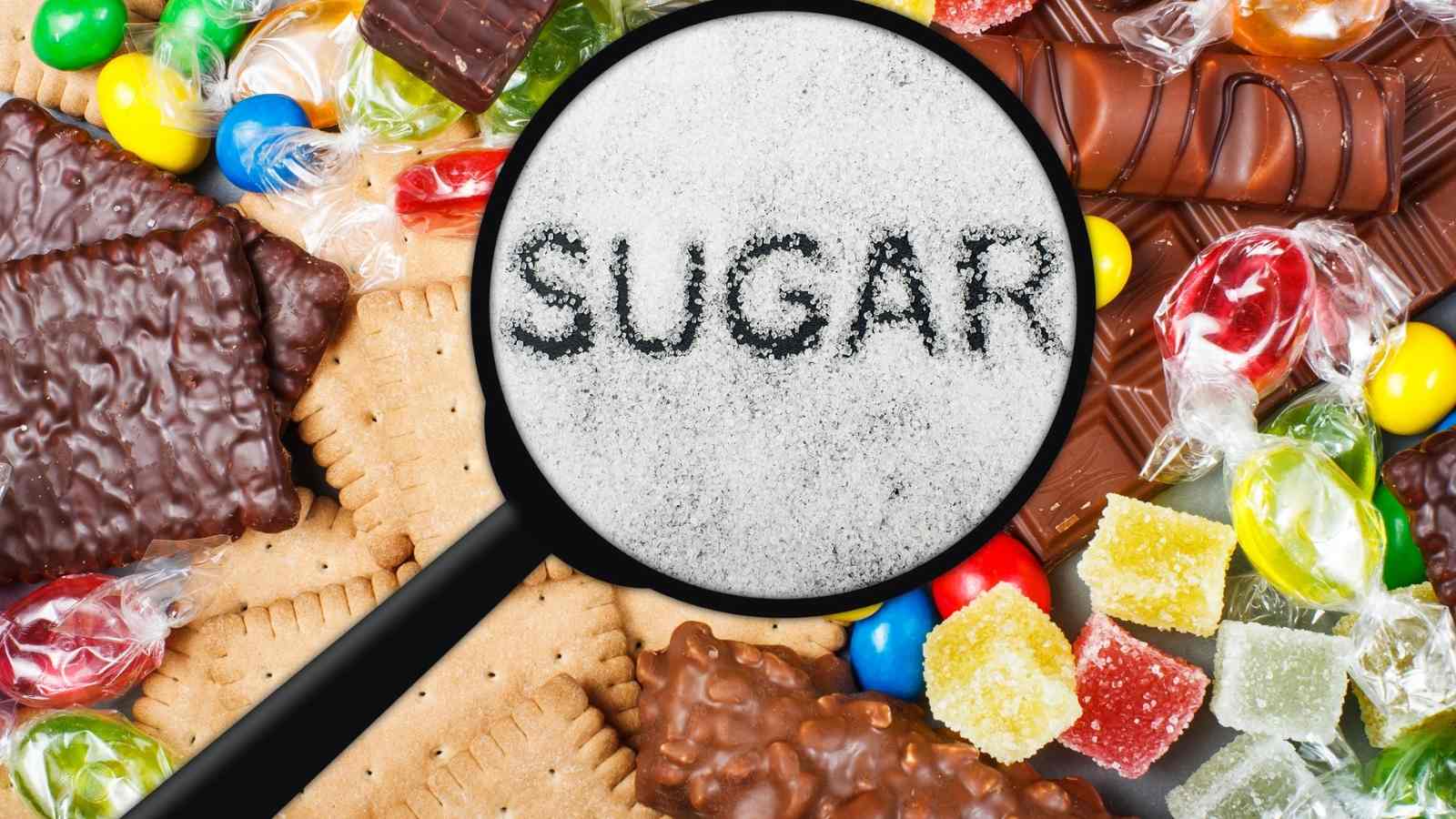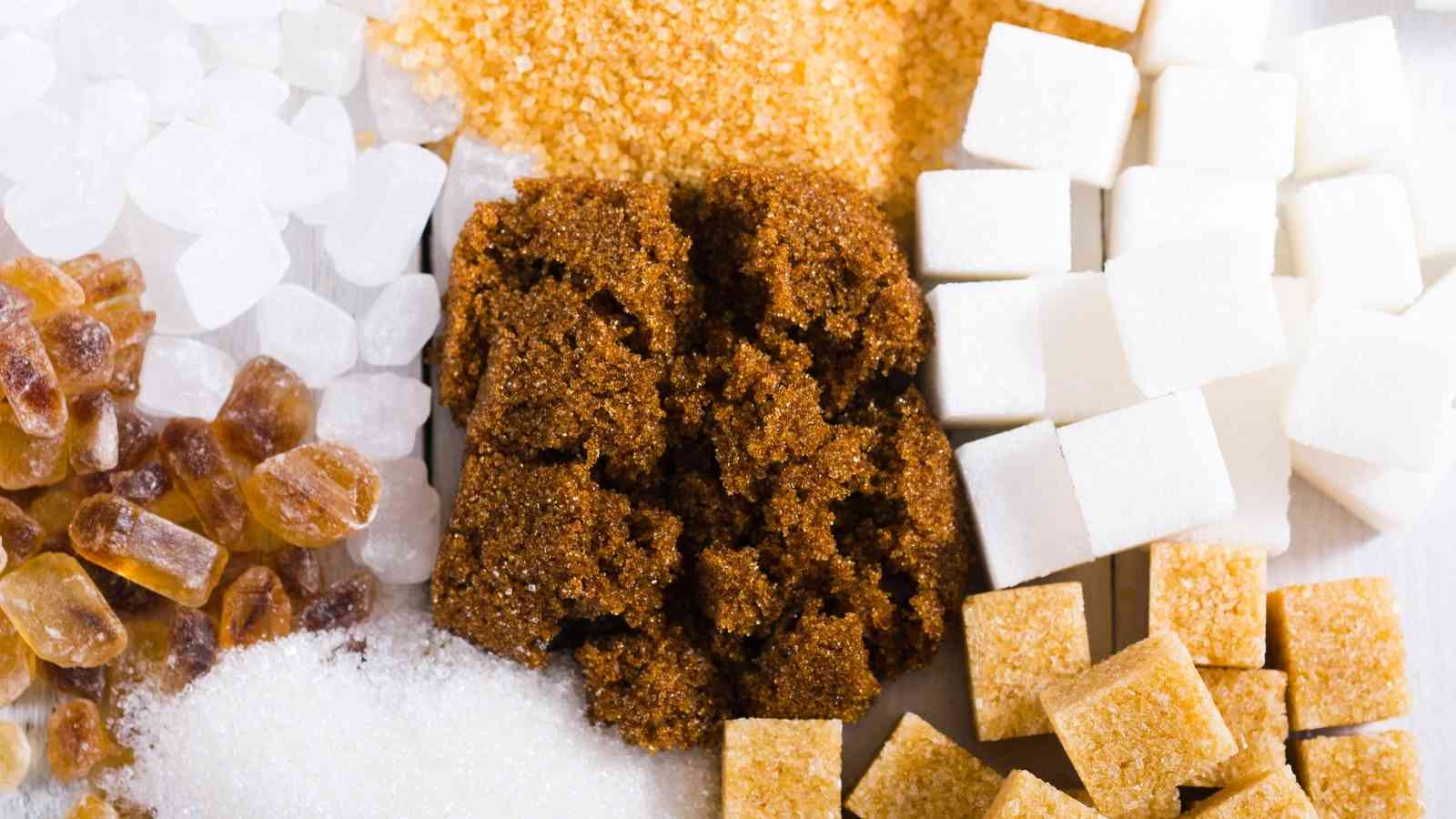You're probably an expert at reading food labels if you're health-conscious or have diabetes. But what about items that are sweetened with sugar alcohol?
"Sugar alcohols may have a little effect on blood sugar levels, but they're generally safe to take as part of a well-balanced diet," explains registered dietitian Tegan Bissell, RD.

However, consuming too much sugar alcohol in your diet might have negative consequences. Bissell explains how to get the advantages while avoiding the pitfalls.
What is sugar alcohol, and how does it work?
It's a misnomer to call it "sugar alcohol" since it's neither sugar nor alcohol. Bissell explains, "Sugar alcohols are a form of carbohydrate with a chemical composition comparable to sugar."
Sugar alcohols are used by food makers to sweeten their goods while decreasing calories. Bissell adds, "They activate the tongue's sweet taste receptors, enhancing flavor without adding more sugar or calories." "Without losing flavor, food businesses may brand their products as low-carb, sugar-free, or diabetic-friendly."
Sugar alcohols that are often used include:
- Xylitol.
- Erythritol.
- Sorbitol.
- Maltitol.
Sugar vs. sugar alcohol
While some sugar alcohols originate from fruits and plants, most are synthetic, according to Bissell. Sugar is derived entirely from natural sources, such as fruits, plants, vegetables, and milk.
Is there a distinction? "Sugar is also readily absorbed and utilized for energy in the body," Bissell explains. "On the other hand, sugar alcohols are not completely absorbed or digested."
Sugar alcohols, according to Bissell, offer a number of advantages over normal sugar, including:
- Sugar alcohol contains less calories per gram than sugar, which has roughly four calories per gram. "They're nearly as sweet as sugar, but with half the calories," Bissell explains. "If you're watching your calories, dishes produced with sugar alcohols instead of normal sugar might help you lose weight."
- Sugar alcohols, unlike ordinary sugar, do not induce abrupt blood sugar increases, making blood sugar control easier. "They have a low glycemic index and may produce just a little spike in blood sugar levels," Bissell explains.
- Dental risk is reduced: Sugar alcohols do not cause tooth decay in the same way as sugar does. "You could detect xylitol in your toothpaste, which helps to improve the flavor when brushing your teeth."
- "You can eat sugar alcohols if you're on a low-carb diet," says the author. They have a lower carbohydrate content and a lower glycemic index than normal sugar."
Artificial sweeteners vs. sugar alcohols
Sugar alcohols and artificial sweeteners like aspartame and saccharin are not the same thing, despite the fact that they are both made. Artificial sweeteners, unlike sugar alcohols, are compounds that produce a high amount of sweetness with no calories. Artificial sweeteners may also be used as a sugar alternative in baking and cooking.

Is sugar alcohol harmful to your health?
Sugar alcohols, according to Bissell, may be a healthy supplement to your diet if used in moderation. Sugar alcohols in the amounts of 10 to 15 grams per day have been shown to be safe in studies. However, there are three sugar alcohol adverse effects that you should be aware of:
1. There is a chance of gastrointestinal side effects.
Sugar alcohols can't be entirely digested by the body, therefore you could have some unpleasant GI symptoms immediately after eating them. In a 2006 British study, subjects were given either sugar or one of two forms of sugar alcohol (xylitol and erythritol). Bloating, gas, upset stomach, and diarrhea were reported by xylitol users. When taken in high dosages, erythritol seemed to have a lesser impact on the stomach, simply enhancing nausea and gas.
"If you consume meals containing sugar alcohols numerous times a day, you may get stomach problems," says Bissell. "If you see this, proceed with care or seek out another sweetener."
2. Sugar alcohols aren't a miracle weight-loss solution.
When you consume meals high in sugar alcohol, you might still gain weight, particularly if you eat them in excess. They're low in calories and carbohydrates, but they're not completely devoid of them.
3. Sugar alcohols have a laxative impact on the body.
Children and persons with irritable bowel syndrome are more likely to have this impact (IBS). Sugar alcohols may stay in the intestines and ferment instead of being absorbed in the stomach. Some varieties are even prescribed by doctors as laxatives.
What are the signs that a meal includes sugar alcohols?
Sugar alcohol is known by a variety of names, much as sugar is known by a variety of words on food labels. Here's what you'll receive if you see one of these things on a shelf:
- Xylitol, which is often used in gum, has a sweetness similar to sugar. Wheat straw and other cereals contain it. Corncobs are used in the production of this food.
- Maltitol, which is made from corn syrup, is around 75 percent sweeter than sugar.
- Erythritol has a sweetness of 60 to 80 percent that of sugar. It's found in pears, soy sauce, and watermelon, among other things. Corn fermentation is used to manufacture it.
- Mannitol has a sweetness level of 50 to 70 percent that of sugar. Carrots, olives, and asparagus all contain it naturally. It is made from seaweed by manufacturers.
- Isomalt is between 45 and 65 percent sweeter than sugar. It's made from sugar beets.
- Sorbitol is half the sweetness of sugar. It's found in apples and pears, of course. Corn syrup is used by food makers to create it.
- Lactitol accounts for around 40% of sugar's sweetness. It is made from milk by manufacturers.
- The sweetness of hydrogenated starch hydrolysates varies between 40% and 90% that of sugar. Manufacturers make these by combining various sugar alcohols.
In addition to checking the ingredients on food labels, Bissell believes you may spot sugar alcohol-containing items by searching for:
- "Sugar-free" baked items, confectionery, and gums.
- "Excessive eating might induce a laxative effect," the labels read.
As with other meals, it's recommended to eat sugar alcohol-containing foods in moderation. However, if you are aware of the negative consequences of sugar alcohol, it may help you cut your carbohydrate consumption when consumed as part of a balanced diet.




